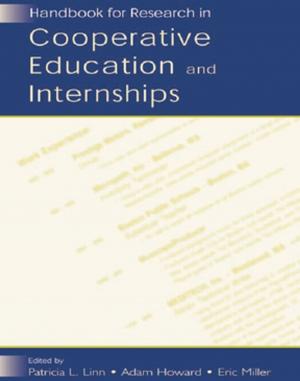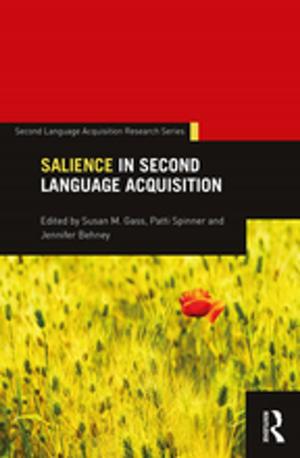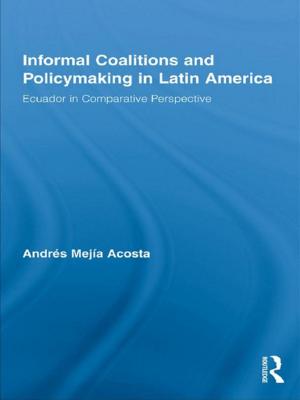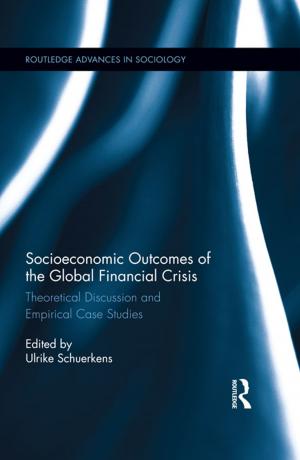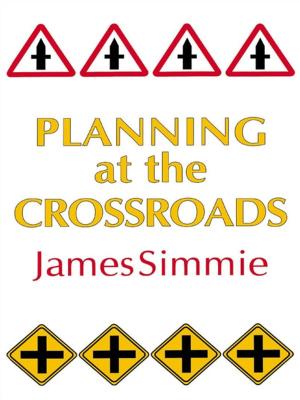The EU as a Global Player
The Politics of Interregionalism
Nonfiction, Social & Cultural Studies, Political Science| Author: | ISBN: | 9781317997795 | |
| Publisher: | Taylor and Francis | Publication: | September 13, 2013 |
| Imprint: | Routledge | Language: | English |
| Author: | |
| ISBN: | 9781317997795 |
| Publisher: | Taylor and Francis |
| Publication: | September 13, 2013 |
| Imprint: | Routledge |
| Language: | English |
A new look at the European Union's role as a global actor, with special focus on the theme of interregionalism in its relations with key regions around the world: Africa, Asia, South America, North America and Central-Eastern Europe.
This new collection clearly shows how, since the end of the Cold War, the European Union has gradually expanded its external relations and foreign policies and become a global actor in world politics. During the last decade interregionalism has become a key component of the EU’s external relations and foreign policies. In fact, the EU has quickly become the hub of a large number of interregional arrangements with a number of regions around the world. Promoting regional and interregional relations not only justifies and enhances the EU’s own existence and efficiency as a global ‘player’, the strategy also promotes the legitimacy and status of other regions, giving rise to a deepening of cross-cutting interregional relations in trade and economic relations, political dialogue, development cooperation, cultural relations and security cooperation.
This book was previously published as a special issue of the leading Journal of European Integration.
A new look at the European Union's role as a global actor, with special focus on the theme of interregionalism in its relations with key regions around the world: Africa, Asia, South America, North America and Central-Eastern Europe.
This new collection clearly shows how, since the end of the Cold War, the European Union has gradually expanded its external relations and foreign policies and become a global actor in world politics. During the last decade interregionalism has become a key component of the EU’s external relations and foreign policies. In fact, the EU has quickly become the hub of a large number of interregional arrangements with a number of regions around the world. Promoting regional and interregional relations not only justifies and enhances the EU’s own existence and efficiency as a global ‘player’, the strategy also promotes the legitimacy and status of other regions, giving rise to a deepening of cross-cutting interregional relations in trade and economic relations, political dialogue, development cooperation, cultural relations and security cooperation.
This book was previously published as a special issue of the leading Journal of European Integration.

